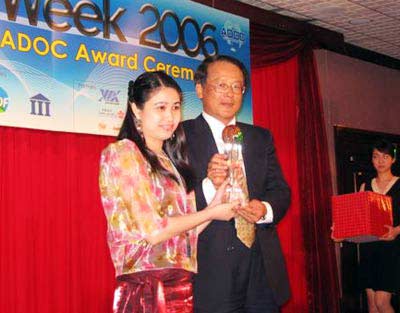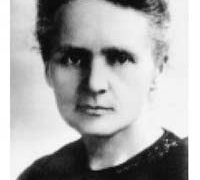The ADOC Award 2006 (2nd edition) held in Taipei concluded with an award ceremony on the evening of June 30, with only 3 awards presented across 3 competition categories: e-Gov, SME, and applications bridging the digital divide. Despite the high quality of the products and applications submitted, the Vietnam delegation did not win any awards.
Unlike last year’s ADOC award ceremony, in the three categories of e-Gov (ICT applications in e-Government), SME (ICT applications in small and medium enterprises), and ICT Applications for Bridging the Digital Divide, only 3 products won first prize in their respective categories this year.
Last year, each category had first, second, and third prizes awarded by the ADOC organizers. Additionally, the organizers selected the Top 3 best solutions/products from each participating economy for awards. Ultimately, there were three first, second, and third prizes awarded for the 3 best solutions/products out of a total of 53 entries.
 |
|
The Philippines won first prize in the category of ICT Applications for e-Government with the Knowledge Center for Food and Nutrition Project. |
In the category of ICT Applications for e-Government (ICT Best Practices for e-Government), the Philippines delegation was awarded first prize for their Knowledge Center for Food and Nutrition Project developed by the Philippine Institute of Science and Technology, Ministry of Science and Technology. Vietnam participated in this category with a presentation on the Tax Management System Infrastructure Project from the General Department of Taxation, an expansion of the Tax Management Information System in Vietnam (e-Tax), which previously won second prize at the ADOC Award 2005.
In the category of ICT Applications for Small and Medium Enterprises (SME), Peru’s Integrated Information Support Services for Mobile Devices on GSM Network won first prize. Vietnam’s entry in this category was quite impressive, featuring a clear presentation on the .eHospital application developed by FSS, with a team of 50 people over 5 years. However, it seems that the ADOC organizers prioritized initial-stage applications that help SMEs operate more effectively over large-scale solutions that connect dozens of major hospitals like .eHospital.
In the category of ICT Applications for Bridging the Digital Divide, Indonesia won first prize with the The TeleCentre Story solution, which brings Internet information to impoverished rural areas through local information stations (similar to cultural postal points in Vietnam). These local information stations (TeleCentres) provide information and resources for productive labor so that farmers can manage livestock and agriculture more effectively. Vietnam’s entry in this category, the Lac Viet Dictionary MTD 2006, despite its multilingual support, multimedia capabilities, and many advanced features that facilitate communication between English, French, Chinese, and Vietnamese, did not effectively highlight its ability to bridge the digital divide between rural and urban areas, which was a key criterion set by the ADOC organizers.
Thus, this year, the Vietnam delegation at the ADOC Award returned home with only participation certificates given to all participating units. In terms of technology and scale, Vietnam’s products were even more outstanding than some applications participating in ADOC this year, but they did not fully align with the evaluation criteria for the awards.
As a result, projects like Indonesia’s TeleCentre and Peru’s Integrated Information Support Service for Mobile Devices on GSM Network were awarded first prizes. Perhaps, in future ADOC participations, Vietnamese units should prepare and better understand the ADOC award criteria to avoid returning home empty-handed as they did this year.
Minh Phong


















































